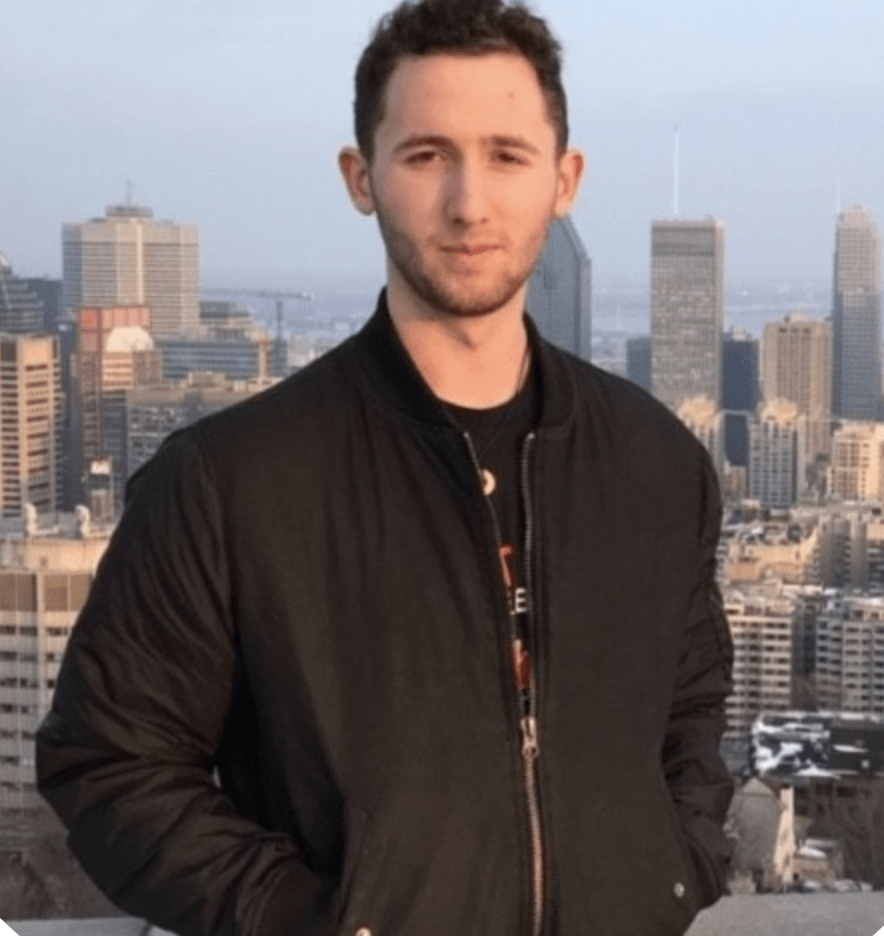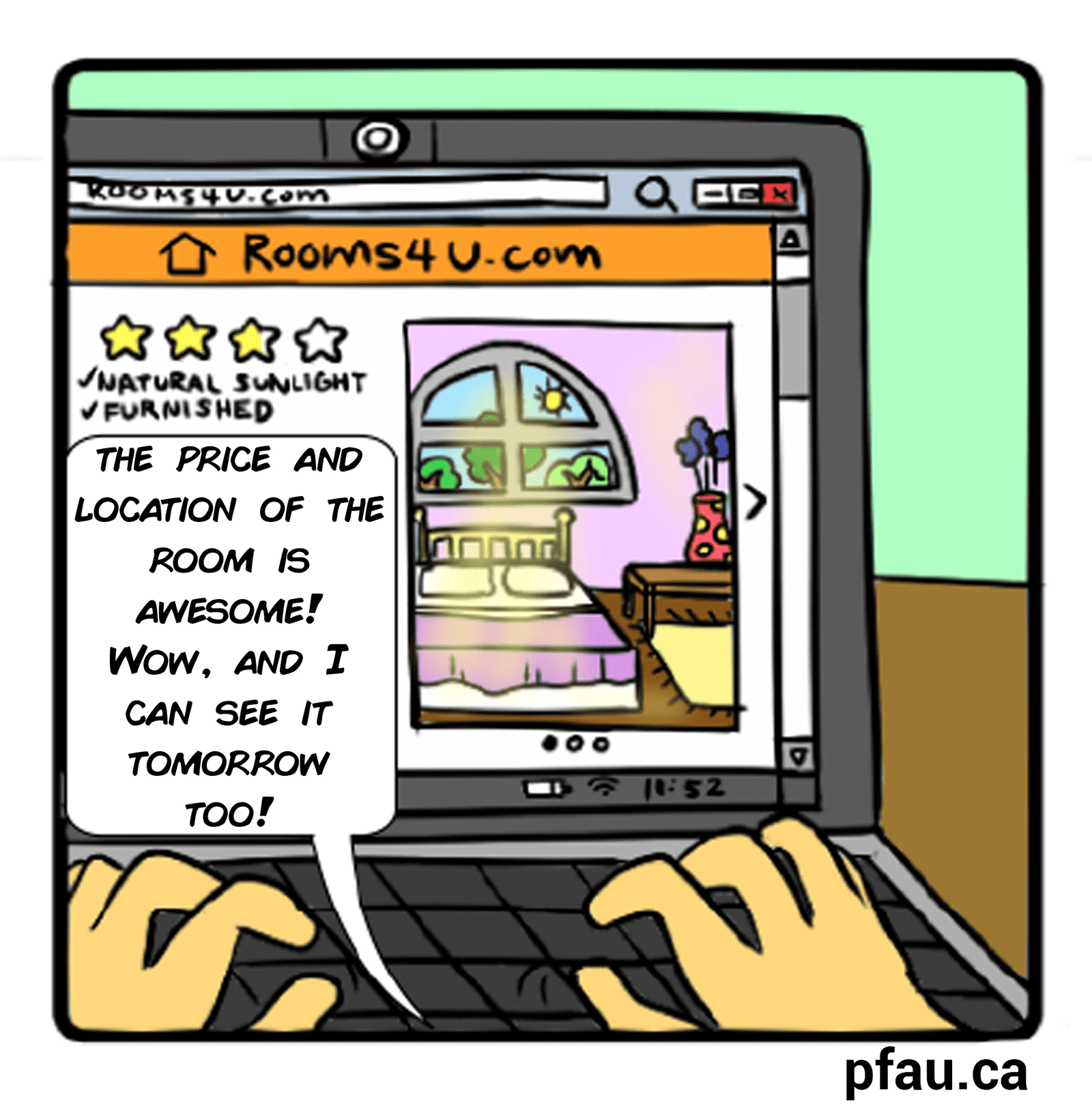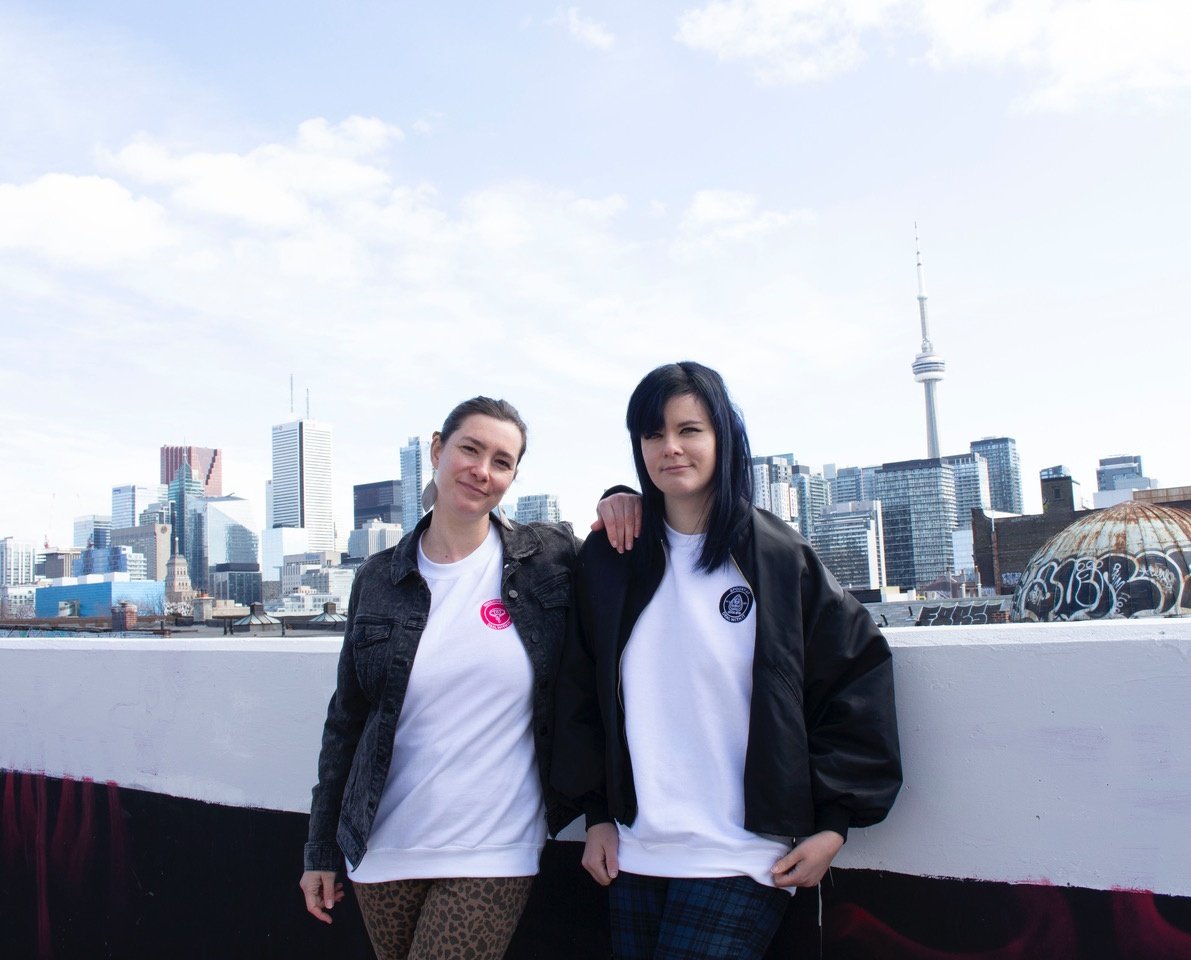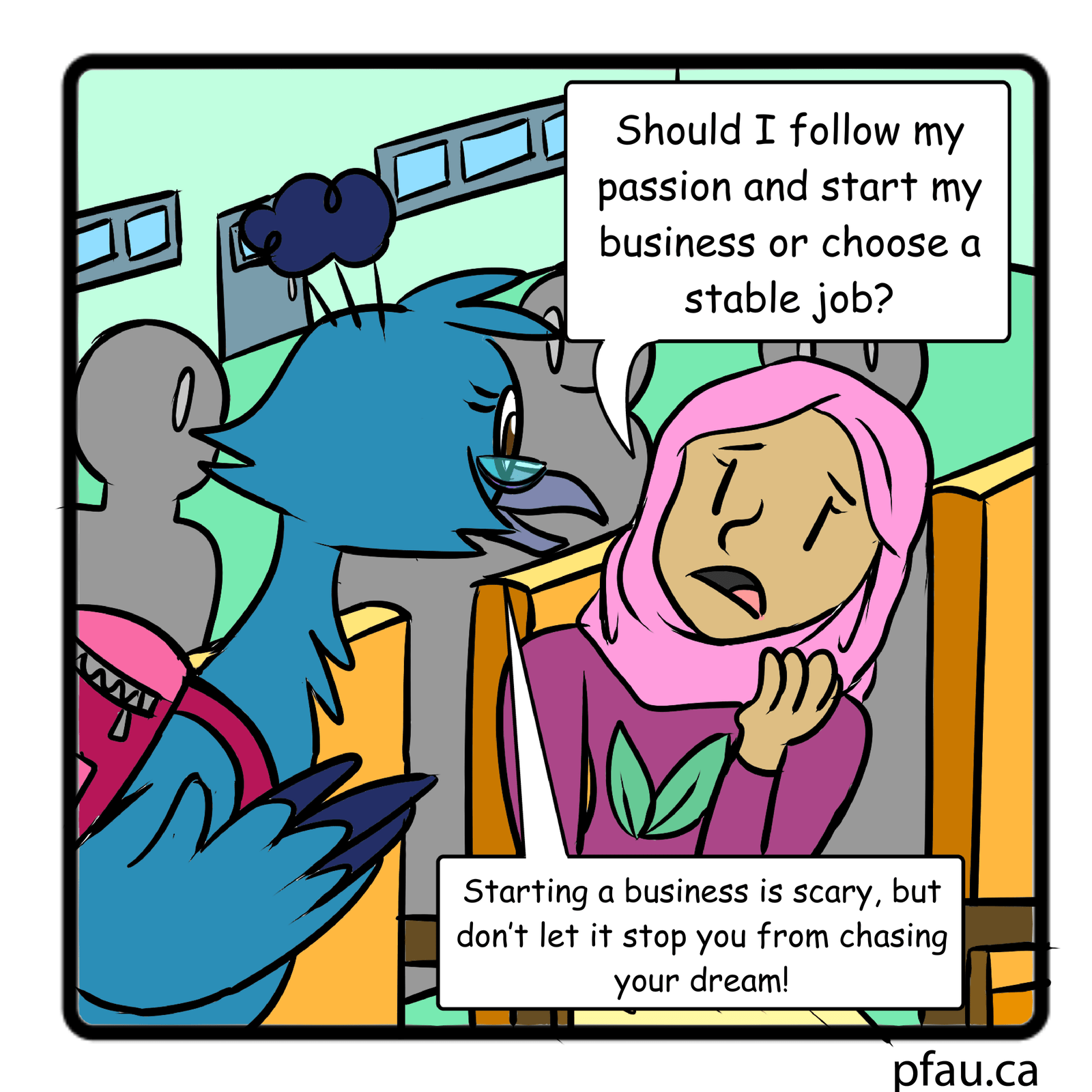We interviewed Braeden Wolf, founder of Remarkable Rejects, about socially conscious business. We thought this topic would be helpful to our listeners who are looking for meaningful employment and/or social change. In university, everything seems possible and many of us are inspired to create change in the world after graduation. However, after entering the workforce, we may start to feel discouraged and lose our spark. So, why not bypass the corporate world and its expectations and start something that you care about and that can create the change that you want to see in the world?
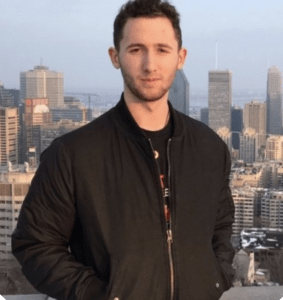
Braeden is a recent business graduate from Ivey Business School at the University of Western Ontario, who is passionate about nutrition, natural movement, and cooking. After graduating, he was inspired to turn his passions into a business that would reduce food waste and increase healthy eating. Braeden is also an avid baseball player, and previously was a team member of the Great Lake Canadians.
_
Tell us a little bit about your business. What inspired it?
Our business is called Remarkable Rejects, and our mission is preventing unnecessary food loss in Ontario. How we go about achieving that is through sourcing two types of produce from local farmers. The first type is produce that is cosmetically imperfect. It could be something that got banged by a tree branch while it was on the tree, a pepper that is too small, or a cucumber that has too much of curves in it. The second type is surplus produce. It’s really hard for farmers to grow the exact amount of produce that they need to meet their exact demand because they can’t perfectly predict their supply changes based on the weather patterns. They also can’t perfectly predict their demand for a certain type of produce. Whenever they end up with too much supply and not enough demand, a lot of that produce is going to go to waste. There are outlets to donate, but the amount of surplus far exceeds the amount that’s getting donated.
My inspiration came from a book that I read, which is called Drawdown: The Most Comprehensive Plan Ever Proposed to Reverse Global Warming. In the book, a team of scientists and researchers from all over the world got together and made a list of around 150 comprehensive solutions on how we can avoid severe global warming issues. The third ranked solution was reducing food waste. Food waste has such a big impact because of the sheer quantity of food that’s being wasted. We’re not able to address the food waste issue around the world, but we’re trying to address a specific part of area and industry – Ontario’s supply chain.
How has your educational background helped you to develop this business? What are some key takeaways from your Undergraduate experience that are helping you now?
That’s a good question. First of all, I will talk about a few things that might be helpful for people who didn’t do a business degree. I think if you didn’t go to business school, one of the main misconceptions when you’re starting a business is that you have to come up with something brand new that no one has ever thought of before. And that is extremely hard, and almost never happens. If you just came up with something brand new, that can potentially be a bad idea. There’s a chance it’s a good idea, but it’s probably a bad idea if no one else is doing it in the world.
Instead, the easier approach has two paths. The first is taking an idea from somewhere else and doing it in a new geography where it hasn’t been implemented. The other path is to take a concept and improve upon it in a specific way and improve upon it by a lot. this is where a lot of the best businesses have come from. If you want to start a business, there’s no pressure to come up with something brand new.
Personally, I did two very different degrees: software engineering and business. I learned very different general themes from both. From my software engineering degree, I learned about budgeting time. The program is a ton of hours, and it forces you to have work ethic. It also forces you to break down a problem, which was helpful in brainstorming my business. From the business degree, one of my my main takeaways was learning to deal with ambiguity. In a lot of other programs, at least in engineering, every exam is multiple choice, which means answers are either right or wrong. There’s no ambiguity whatsoever. With business, you are literally making decisions all the time, but you have no idea what the right answer is because there’s way too many variables to know what’s going to happen. In real life, doing business is like that. You need to be comfortable with ambiguity as things don’t always go as planned. You can only make an informed decision as best you can and have a back-up plan in case it fails.
What advice would you give young students or adults who are thinking about starting something like Remarkable Rejects?
The biggest one, in my opinion, is if you want start a business, you should make sure that what you’re doing should be filling a need. Basically, the reason to start a business is you see a problem, and you don’t think anyone else can solve it. It’s extremely important to be certain of that. Otherwise, your business probably won’t be successful. Or, if someone else can also solve it, then you’re just gonna have annoying competition and you’re probably not gonna have a big enough market. In the end, you could probably make way more money doing other stuff that’s way easier. I would say that when you are thinking about starting a business, make sure there’s a problem that needs to be solved, and you think you’re the only or best person who can do it. Otherwise, I would do something else.
Recommended Books and Resources
The Lean Startup by Eric Reese
Drawdown: The Most Comprehensive Plan Ever Proposed to Reverse Global Warming by Paul Hawken (Editor)
Extreme Ownership: How U.S. Navy SEALs Lead and Win by Jocko Willink and Leif Babin
Thank you, Braeden, for sharing the excellent advice with us and our readers!
Missed Podcast? Watch Video Here:
_
_
For more advice about writing, check out our weekly, podcast, videos, or subscribe to our monthly newsletter.
_
To get more help with your assignments, book a 20 minute discovery session with us and start your journey to reaching your full potential on the page, and in life.
Both the written, visual, audio, and audiovisual content of this post has been created by and is the intellectual property of Lisa Pfau and PFAU Academic Writing. Please do not replicate any of the above content without our consent. However, please do feel free to share this post and its authorship widely.

